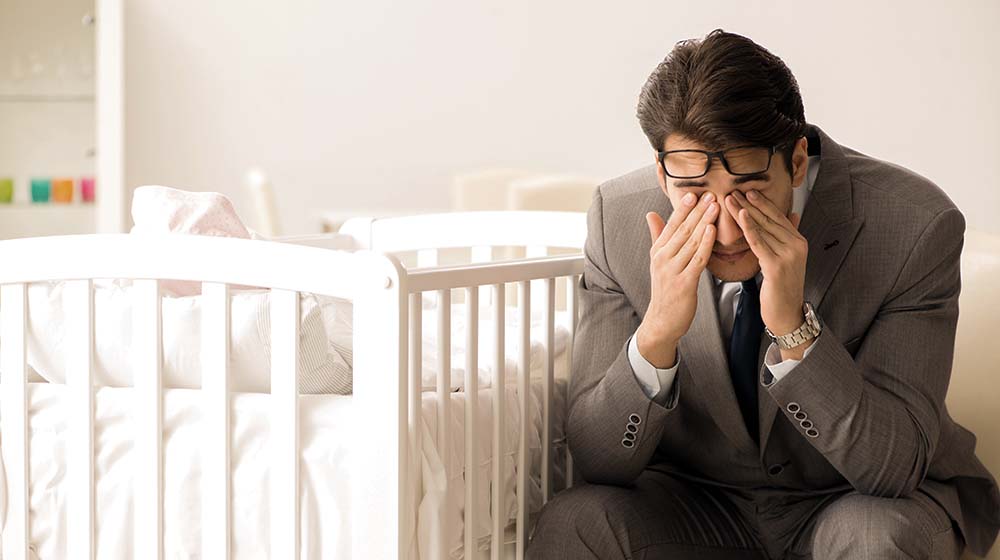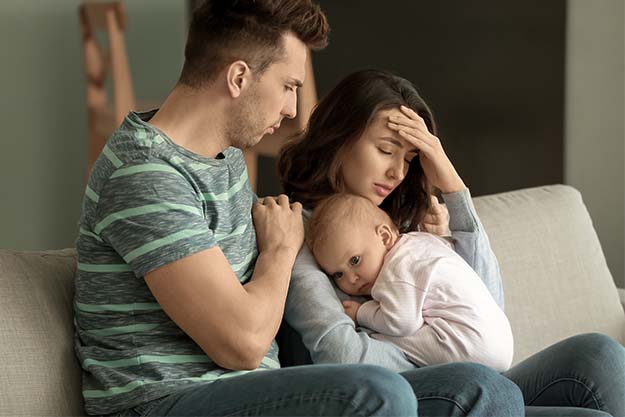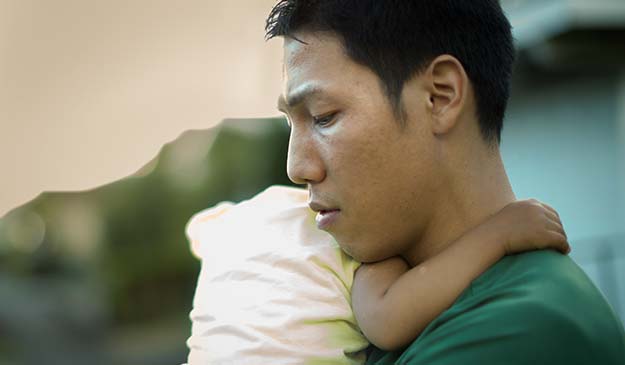
Hormone Health TRT


Postpartum depression (PPD) is a mental condition and a complication of giving birth that can affect both men and women. It is sometimes associated with the term “baby blues.”
Although baby blues have similar symptoms such as sadness, anxiety, and fatigue, postpartum depression has more serious and long-lasting effects.
The signs and symptoms of postpartum depression may begin during pregnancy or within the few weeks after giving birth.
Postpartum depression signs and symptoms may include:
If left untreated, postpartum depression may last for several months or longer.

Yes, dads may also experience postpartum depression.
Postpartum depression in new fathers, sometimes referred to as paternal postpartum depression, may have similar symptoms as new mothers, and are occur at relatively higher rates within the 3 to 6 months period after childbirth.
New fathers experiencing postpartum depression may exhibit the following distinct behaviors:
Biological factors can cause paternal postpartum depression, so no, it’s not just all in your head. Hormone level changes include testosterone, estrogen, cortisol, prolactin, and vasopressin.
According to a review by the Journal of American Medical Association, about 10% of new fathers experience postpartum depression. This number may increase to 25-50% when a partner is experiencing it, too.
Young new fathers who experience relationship problems, depression before a child’s birth, or are struggling financially are most at risk of postpartum depression.
This may be intensified with ecological and social risk factors such as lack of support, feeling excluded from mother-infant bonding, excessive stress from the pressure and responsibilities of becoming a parent.
Paternal postpartum depression has negative impacts on not only new dads and marital relationships, but also on children.
Behavioral implications of postpartum depression on children include excessive infant crying, sleep issues, and temperamental problems. Postpartum depression is also linked to a child’s low cognitive functioning, difficulty adjusting emotionally, and behavioral inhibition.
RELATED: 5 Ways Your Husband Could Benefit From Health Optimization

During the postpartum period, there are several ways to help dads cope with the transition process to fatherhood.
One is talk therapy together with medications to address depressive symptoms. Having open communication and support from your partner may help fathers cope with stressful experiences during the postpartum period.
Since postpartum depression may be caused by a lack of financial resources and childcare support, assistance from family members, educational programs, and paid paternal leave could help new fathers cope with stress and pressures.
New dads can experience paternal postpartum depression. Although postpartum depression is more common in new mothers, new fathers experience similar symptoms and need support as well, especially during the first few months after their birth. Consult your doctor for symptoms that need further treatment and medications.
Transition to fatherhood can be overwhelming. Do you need support to cope with depression? Get personalized assistance and insight from top-tier physicians, entirely available for you 24/7. Contact us today or leave a comment below.
Up Next:
Your health, your terms. Discover how personalized care can transform not just the way you feel, but how you live.